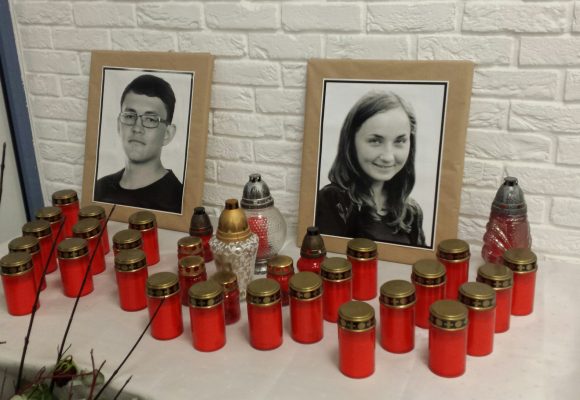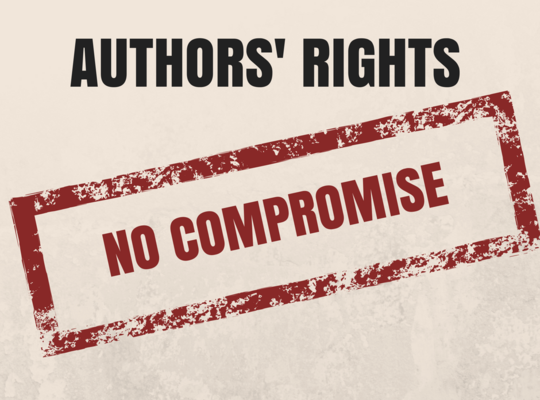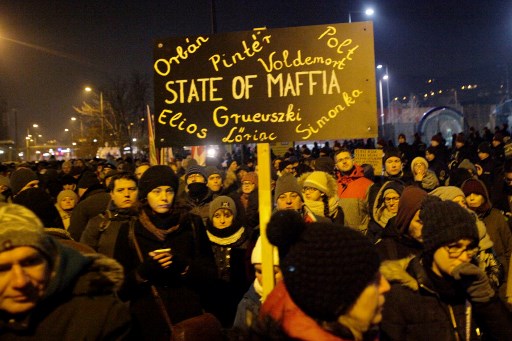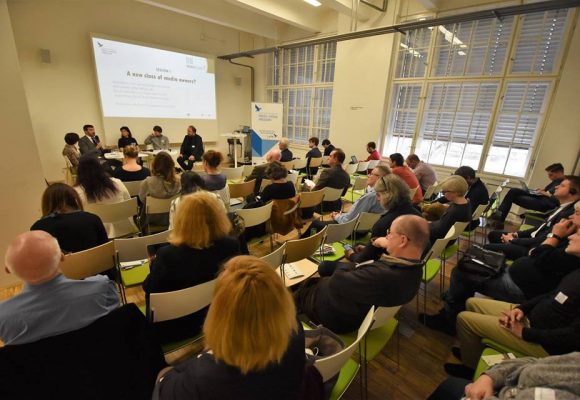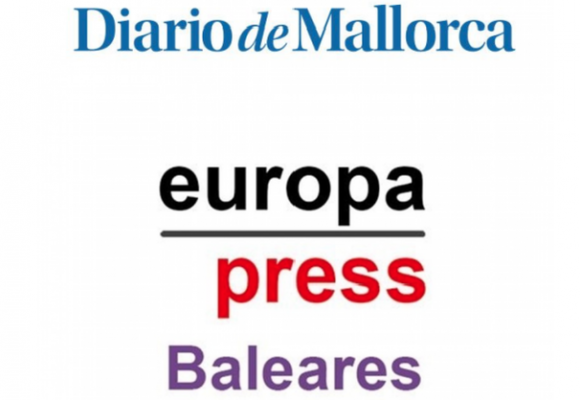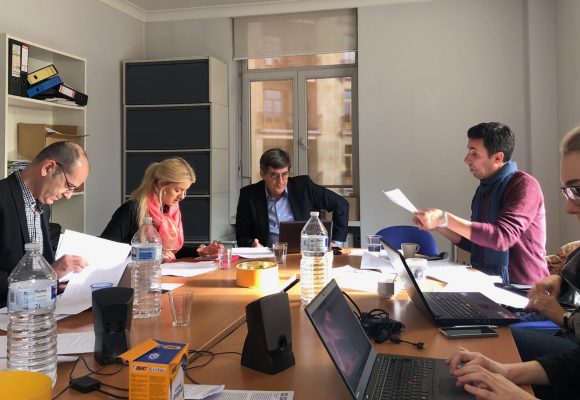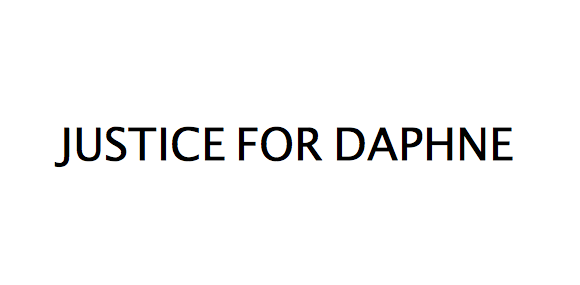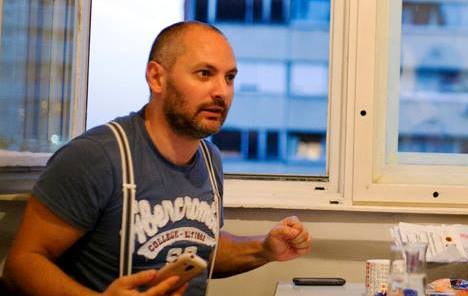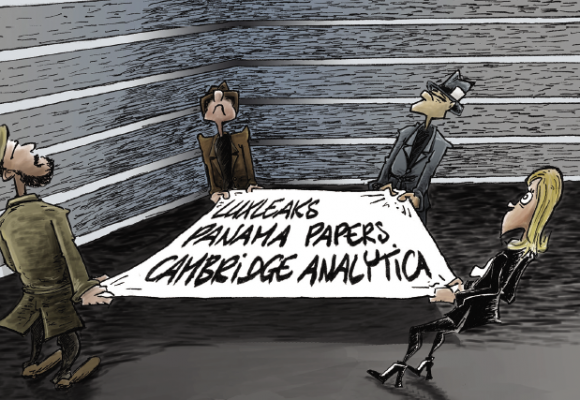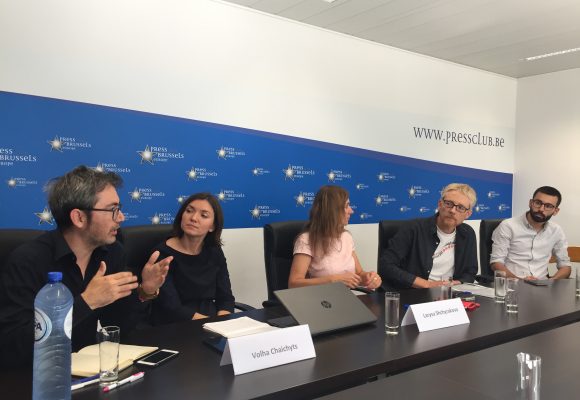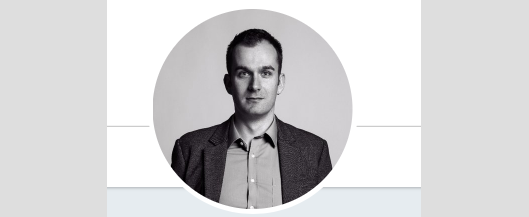February 21st – Brussels vigil for Slovak journalist Jan Kuciak – One year on
Thursday 21 February marks the one-year anniversary of the brutal assassination of Slovak investigative journalist Jan Kuciak and his fiancée Martina Kusnirova. Yet justice has not been brought for these murders. Reporters Without Borders (RSF), the European Federation of Journalists (EFJ), the Committee to Protect Journalists (CPJ) and Transparency International invite you to join us for a vigil outside the Residence Palace in Brussels at 1 pm to honor the bravery of Jan Kuciak and to make clear that the pressure on Slovak authorities to investigate this double murder will be kept up. Despite undeniable progress in the investigation, the…

